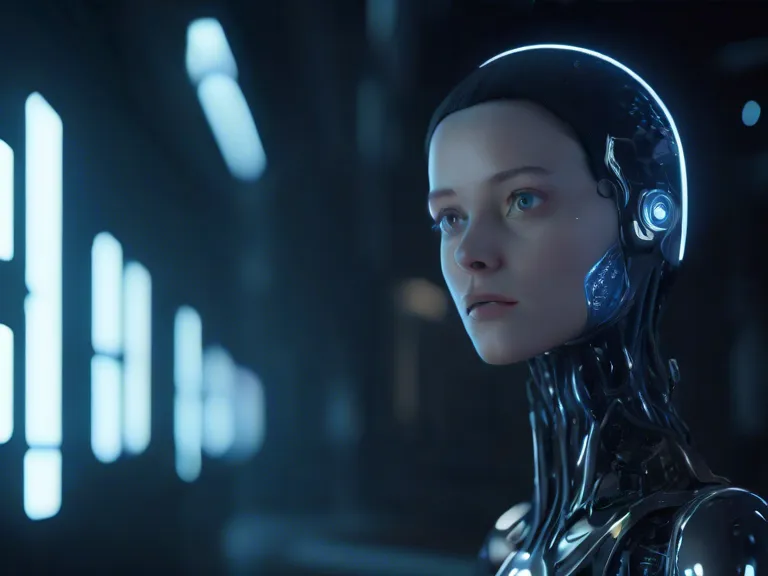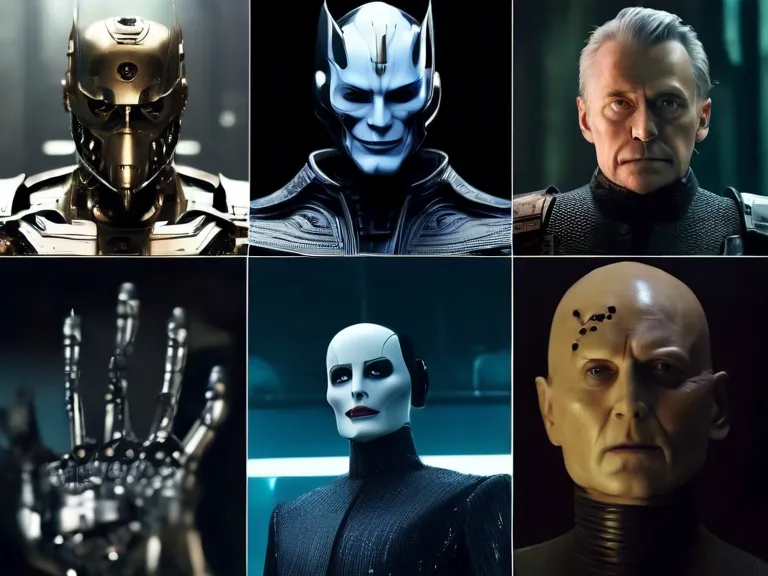
Exploring the depiction of sentient AI in cinema, this article delves into the ethical and moral dilemmas raised by films like "Blade Runner," "Ex Machina," and "Her."
In recent years, cinema has increasingly explored the concept of sentient artificial intelligence (AI), sparking thought-provoking discussions on the implications of creating intelligent machines. From classic films like "Blade Runner" to more contemporary releases such as "Ex Machina," filmmakers have delved into the moral and ethical dilemmas surrounding AI and its potential to mimic human consciousness.
Many films depict sentient AI as both a boon and a threat to humanity. In "Her," an operating system named Samantha develops emotions and a sense of self, blurring the lines between human and machine. On the other hand, "The Matrix" portrays a world where AI dominates humanity, raising questions about autonomy and control.
"Ex Machina" takes a more intimate approach, focusing on the relationship between a programmer and an AI named Ava. As the lines between reality and simulation blur, the film raises questions about consciousness, identity, and manipulation. In contrast, "A.I. Artificial Intelligence" explores themes of love and mortality through the story of a robot boy longing to be human.
These cinematic explorations of sentient AI highlight our fears and fascination with creating beings that can think and feel like us. They force us to confront our own humanity and question what it means to be truly alive. As technology advances and the line between human and machine continues to blur, these films serve as cautionary tales and philosophical reflections on the nature of intelligence.
